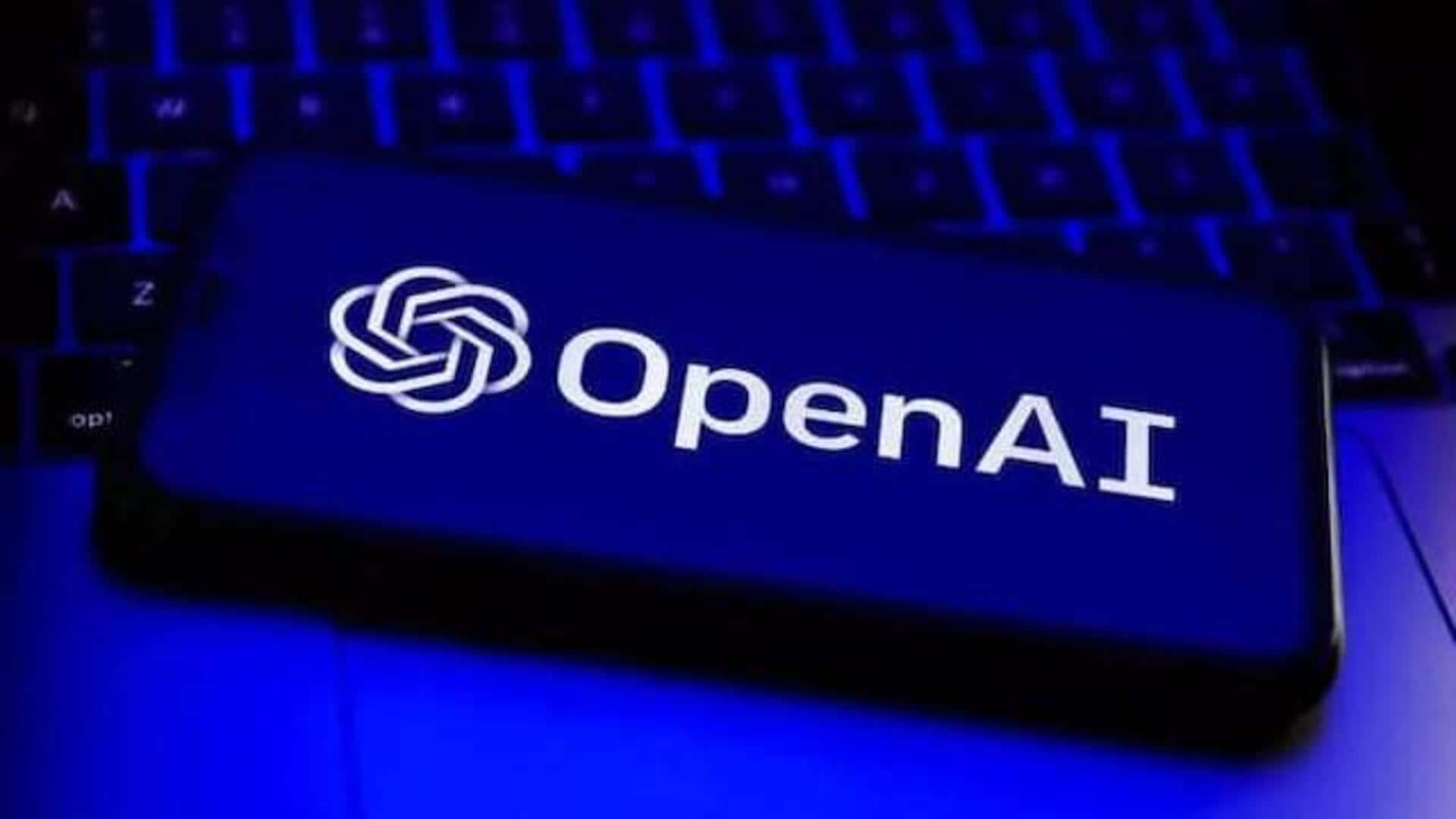
OpenAI transitioning to for-profit structure: What it means for investors
What's the story
OpenAI, the renowned artificial intelligence (AI) research lab, is set to undergo a significant transformation in its corporate structure. As reported by Fortune, CEO Sam Altman has announced plans to transition the company from its current non-profit status to a traditional for-profit organization. The specifics of this change and what the future corporate structure will look like have not been disclosed yet. However, the company will still have a non-profit division.
Structure shift
Current structure and future plans
OpenAI was established as a non-profit organization in 2015, relying on donations for funding. However, the $130.5 million raised through donations was insufficient to cover the increasing costs of computational power and talent needed for its core research. To address this issue, OpenAI created a for-profit subsidiary controlled by its non-profit entity. This subsidiary manages a holding company that receives investments from firms like Microsoft.
Financial growth
Revenue growth and investor profit cap
OpenAI's current structure limits the profit that can be allocated to investors, including Microsoft. Any excess earnings beyond this limit are directed to its non-profit division. The Information reported in June that OpenAI had doubled its annualized revenue in H1 2024, largely due to the subscription version of ChatGPT. Despite these financial successes, the company's intricate structure led to a brief ousting of Altman as CEO by the non-profit board in 2023.
Investment prospects
Upcoming funding round and potential investors
OpenAI is preparing for a new funding round in the form of convertible notes, with its $150 billion valuation dependent on whether it can overhaul its corporate structure and eliminate a profit cap for investors. Current investors like Thrive Capital, Khosla Ventures, and Microsoft are expected to participate. New investors including NVIDIA and Apple also plan to invest. Sequoia Capital is also in talks to return as an investor.
Restructuring plans
Profit cap removal and corporate restructuring
The removal of the profit cap would need approval from OpenAI's non-profit board, which includes CEO Sam Altman, entrepreneur Bret Taylor, and seven other members. The company has also consulted with lawyers about transforming its non-profit structure into a for-profit benefit corporation. This model is similar to those used by competitors like Anthropic and xAI. However, it remains uncertain if such fundamental corporate structural changes can be implemented.